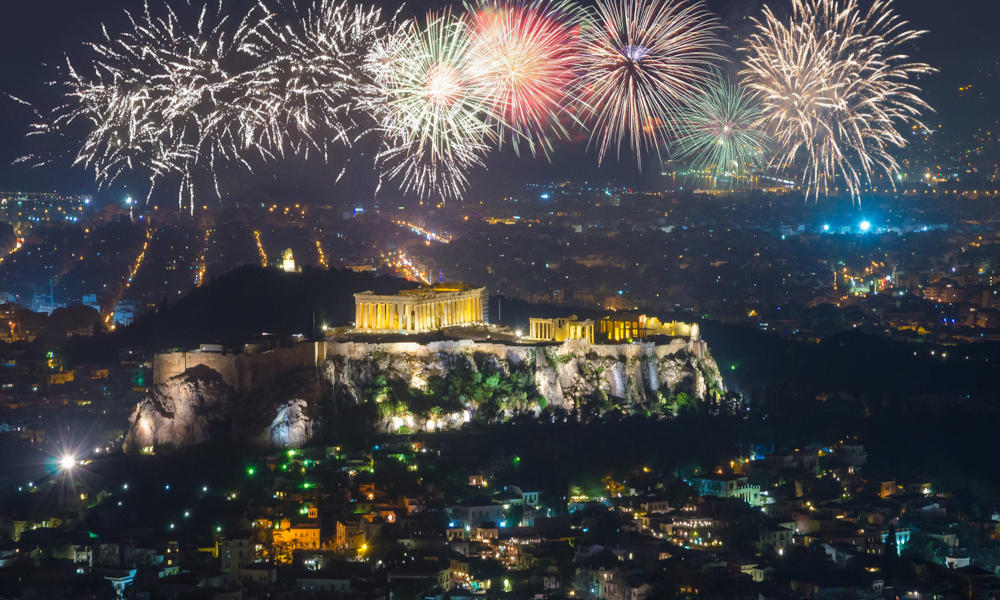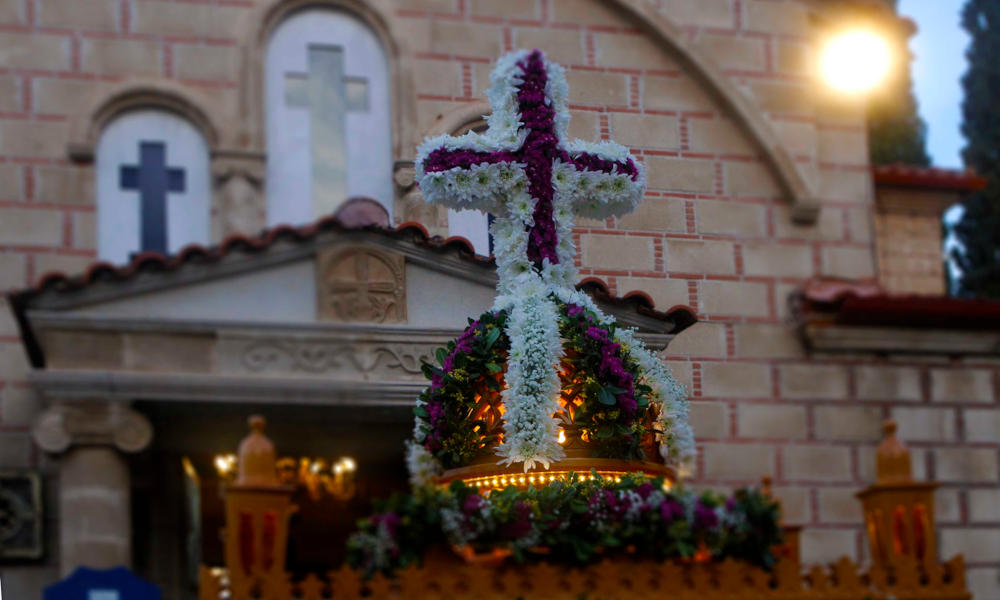Public holidays in Greece
Greece is a country rich in traditions, where cultural and religious festivals and holidays play an important role in social life. For the people, this means a special opportunity for family gatherings, shared meals and lavish celebrations. For travellers, the holidays are an extraordinary experience that makes a stay in Greece even more authentic and gives you an even deeper insight into the culture, cuisine and joie de vivre.
Holidays in Greece Not always at the same time as we do
At first glance, Greek and European public holidays seem very similar. However, there are some differences, especially when it comes to the most important Christian festivals, such as Easter and Pentecost. To help you prepare for your next trip to Greece, we have summarised some information in this article. When do which festivals take place, which are particularly worthwhile and how can public holidays in Greece affect my trip? Here is everything at a glance.

Easter in Greece and other religious holidays
The key difference underlying many of the Greek public holidays is the fact that the Greek Orthodox Church uses the Julian calendar to calculate public holidays, not the Gregorian calendar as is the case in Catholicism, i.e. in most European countries. As a result, the date of Easter is usually completely different, as are Good Friday, Easter Sunday, Easter Monday, Whitsun and Ascension Day. If you want to experience these special public holidays and the associated celebrations and processions in Greece, or deliberately avoid them, you should check the dates when planning your holiday. These can vary from year to year. For example, Easter in Greece in 2025 actually falls on our Easter holidays in Germany, but this may look different again next year.
Public holidays What travellers should bear in mind
National public holidays are always a good opportunity to get to know countries and their cultures even better. However, it should be noted that almost all public institutions are closed on Greek public holidays. Road traffic can also be obstructed, as many parades and processions take place around Easter, especially in the big cities. Despite this, it is still very interesting to take part in the festivities. Many typical Greek delicacies can be tasted, especially at local markets around the holidays. Traditional handicrafts are also on display.
The most important public holidays in Greece 2025 at a glance
Other special public holidays in Greece
Three Holy Hierarchs (Trion Ierarchon): Saint Basil the Great, Saint Gregory the Theologian and Saint John Chrysostom are honoured on 30 January. This day is particularly important for schools and universities.
Kathara Deftera (Pure Monday): This holiday marks the beginning of Lent before Easter. Many Greeks spend this day outdoors and eat traditional Lenten dishes such as lagána (unleavened bread), seafood and taramosaláta (fish roe paste). Kite flying is a popular activity on this day.

Would you like to get to know Greece and its exciting culture and traditions for yourself? Then let our Greece round trips inspire you.